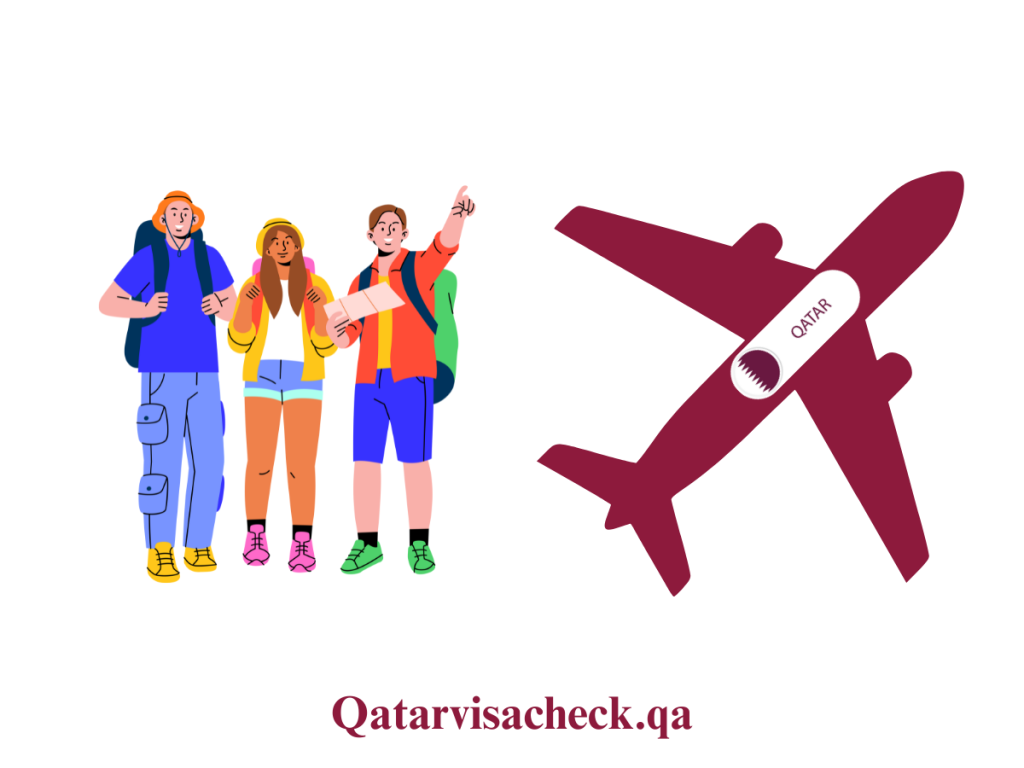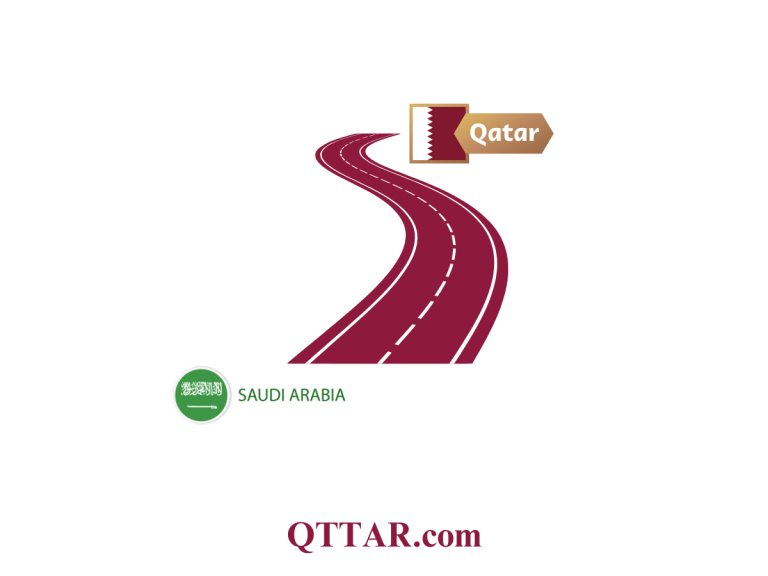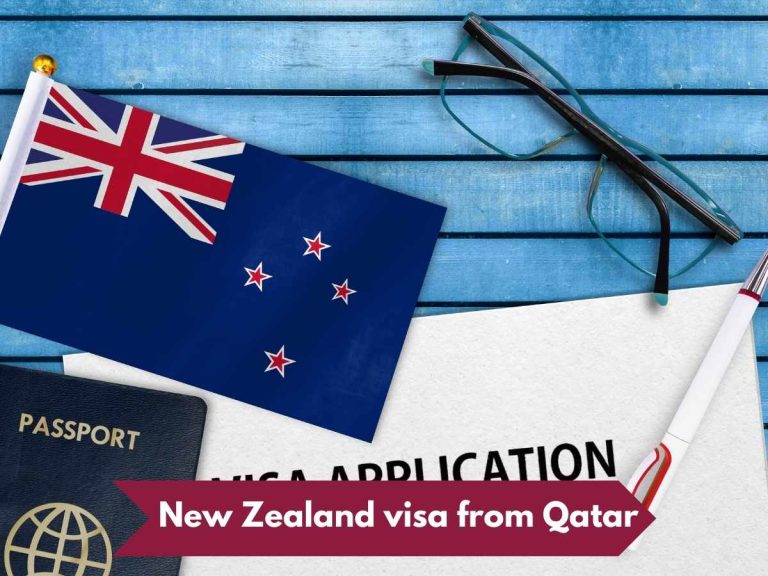GCC Leaders Approve Tourist Visa to Boost Tourism
The Gulf Cooperation Council (GCC) has officially approved a unified tourist visa scheme modeled after Europe’s Schengen area, aiming to boost tourism and enhance regional connectivity.
This groundbreaking decision was reached during a recent GCC summit held in Doha, Qatar.
The new visa will allow visa-free travel between the six GCC member nations: Saudi Arabia, Oman, the United Arab Emirates, Qatar, Kuwait, and Bahrain.
Overview of the GCC Unified Tourist Visa
The GCC unified tourist visa is designed to streamline access to the region and catalyze tourism growth. Here are the key features of the new visa scheme:
- Single visa granting access to all six GCC countries
- Visa-free entry and movement between member nations
- Streamlined application process through embassies worldwide
This system will enable foreign tourists to explore the entire GCC region on a single visa, eliminating the need for separate applications to each state.
Objectives of the Unified Tourist Visa
The GCC countries have set several objectives for implementing this unified visa system:
- Maximize economic returns from tourism
- Activate private sector and local community participation in tourism development
- Adopt tourism as a tool for improving citizens’ income and reducing poverty and unemployment
- Strengthen partnerships in national tourism administration
- Raise efficiency of institutional building for the tourism sector
- Develop and lead tourism marketing and promotion policies

Expected Benefits and Impact
Tourism Growth
The unified visa is expected to significantly boost tourism across the GCC region. Some anticipated benefits include:
- Increased international visitor inflows to GCC nations
- Enhanced global visibility and popularity for the region
- Opportunities to showcase cultural, natural, and man-made attractions
- Expansion and investment within the tourism sector/li>
Economic Impact
The introduction of this tourist-friendly visa is set to unlock substantial financial opportunities across various sectors:
- Billions in tourism revenue injections into GCC economies
- Growth in hospitality and aviation industries
- Construction booms for new attractions and hotel developments
- Expansions within retail and restaurant sectors
- Increased foreign direct investment inflows
Regional Integration and Collaboration
The unified GCC visa represents a milestone in aligning member states’ visions and fostering closer cooperation. It aims to:
- Accelerate regional integration and cohesion
- Facilitate smoother trade and commerce through enhanced mobility
- Deepen bilateral ties and people-to-people exchanges
- Present a unified GCC entity to the world
Implementation Timeline and Process
The GCC unified tourist visa is expected to enter into force during 2024 and 2025, depending on the readiness of the internal systems of the cooperation countries. The implementation process will involve several steps:
- Discussion of procedures by interior ministers of GCC countries
- Approval and submission to leaders at the upcoming Gulf summit
- Establishment of controls and legislation for visa application
- Gradual implementation based on individual country readiness
Comparison with the Schengen Visa System
The GCC unified tourist visa is often compared to the Schengen visa system in Europe. Here’s a comparison of key features:
| Feature | GCC Unified Visa | Schengen Visa |
|---|---|---|
| Number of countries | 6 | 26 |
| Visa-free travel | Yes | Yes |
| Application process | Streamlined through embassies | Centralized application system |
| Duration of stay | More than 30 days (expected) | Up to 90 days within 180-day period |
| Implementation | Phased approach (2024-2025) | Fully implemented |
Economic Projections and Tourism Statistics
The introduction of the unified visa is expected to have a significant impact on tourism and economic growth in the GCC region. Here are some key projections and statistics:
- Visitor spending is expected to reach $96.9 billion by the end of 2024, with a growth of 12.8% annually
- By the end of the current decade, spending is projected to reach about $188 billion
- The number of visitors to Gulf countries reached 39.8 million in 2023, with a growth rate of 136.6% compared to 2021
- The GCC aims to reach 128.7 million visitors by 2030

Ammara Abdullah is an experienced writer and editor specializing in technology and digital trends. With over 5 years of experience, she produces insightful articles on emerging tech, consumer electronics, and digital culture. Ammara holds a degree in journalism and is passionate about making complex topics accessible to readers.






